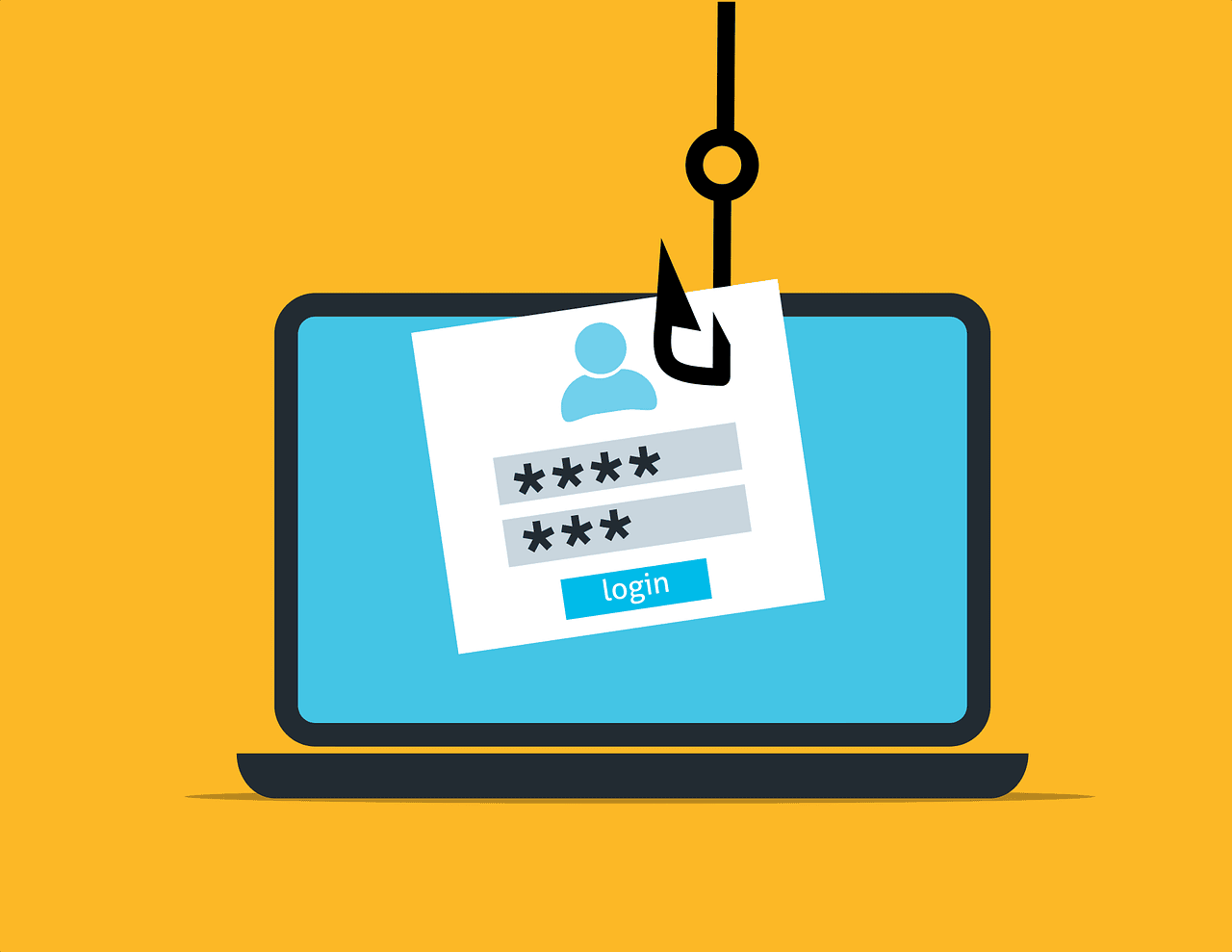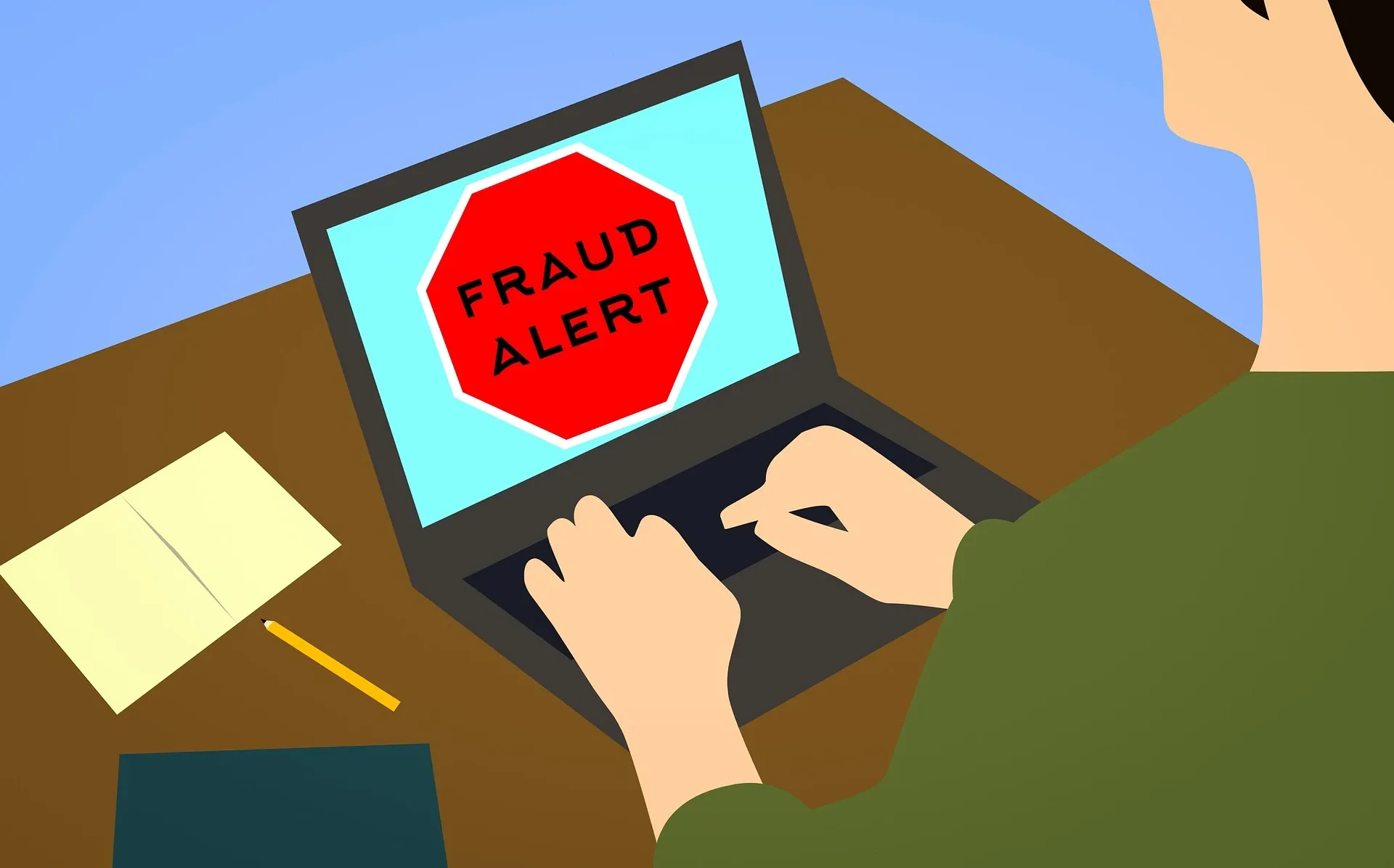Crypto Scams You Must Be Aware Of [Keeping Your Trading Experience Safe]
Cryptocurrencies are currently all the rage, and everyone is talking about them and attempting to snag a piece of the pie. While there is money to be gained in cryptocurrencies, there are also numerous pitfalls to be aware of. Unfortunately, scammers have picked up on this and are now attempting to defraud bitcoin investors. This blog post will go over some of the most popular cryptocurrency scams to avoid.
Let's study more closely some of these phoney activities.

Website of a Fraud
One of the most typical types of phishing is when a valid website's 'w' is replaced with two 'v's. If you are unfamiliar with the real site, this fraud may not be as clear. Because it will appear nearly identical to the real site, you should always check for HTTPS in the address bar. It isn't secure if there aren't an's.'
If you type " www.coinbase.com " into your browser and do not get " https://www.coinbase.com," you are on a fake site that can steal your personal information. But there are legitimate platforms out there like Immediate Edge that ensure safety from scams and other fraudulent activities.
Counterfeit mobile apps
One of the most common types of fraud is the use of counterfeit apps. In the cryptocurrency market, you must ensure that you're utilising legitimate apps because there are numerous phishing apps out there trying to steal your information (along with your Bitcoin wallet). There are various ways to determine whether an Android application is safe or not; however, many individuals are unaware of how to do so because there is no easy way to do so.
Apps that appear to offer you free Bitcoins; Apps that claim to get you free Bitcoins by viewing specific videos; Most popular Bitcoin wallets, such as Blockchain wallet, Coinbase, and BTC.com. There's also a new scam where counterfeit apps attempt to take Ethereum Private Keys.
Conversion services for cryptocurrencies that are fake
If there's one thing that can be said about scammers these days, it's that they're everywhere. This is true not only for cryptocurrency but also for how scammers work. One of the more recent scams is a phoney crypto transfer service that deals with turning your money into something else, as evidenced by their exorbitant transaction fees or attempts to obtain further funds.
Email fraud operations
About one in three ICOs has been the victim of an e-mail phishing scam, in which hackers pose as members of the project team and ask for money. CoinDash recently suffered a $7 million loss due to an email breach that misdirected Ethereum funds to the unauthorised wallet address.
Hacks on Twitter
Hacking celebrities' Twitter accounts are one of the most recent methods crypto fraudsters exploit enthusiastic investors. The hacker then sends out messages claiming that the account holder has joined with a particular company to announce something significant or that there is an emergency requiring users to wire their cash to them right away.
How to Avoid Cryptocurrency Frauds
Scammers are always thinking of new ways to steal your cryptocurrency. Anyone who demands payment in bitcoin is most likely a con artist. Of course, if you pay, you are almost never reimbursed. That is just what the con artists desire.

Keep an eye out for comments like these to help you identify businesses and people to prevent:
- Scammers guarantee you will make money. If they guarantee you'll make money, it's a swindle. Even if it is endorsed by a celebrity or there are testimonials. (Those are simple to make.)
- Scammers promise big sums of money with a high chance of being successful. No one can really promise a specific result, such as doubling your money, particularly in such a brief span of time.
- Scammers say that they can provide you with free money. They'll say it'll be in cash or cryptocurrency, but any promise of future money is a deception.
- Malicious actors make bold statements with no supporting evidence or reasons. Smart business people want to know where their money is going and how it is being invested. And savvy financial advisors are eager to share their expertise.
Final Thoughts
If you believe you've been caught off guard, know that you're not alone. The following is a list of some of the most typical scams perpetrated by criminal actors on cryptocurrency users that you should be aware of. Intensive research can be a great help in your crypto journey.


